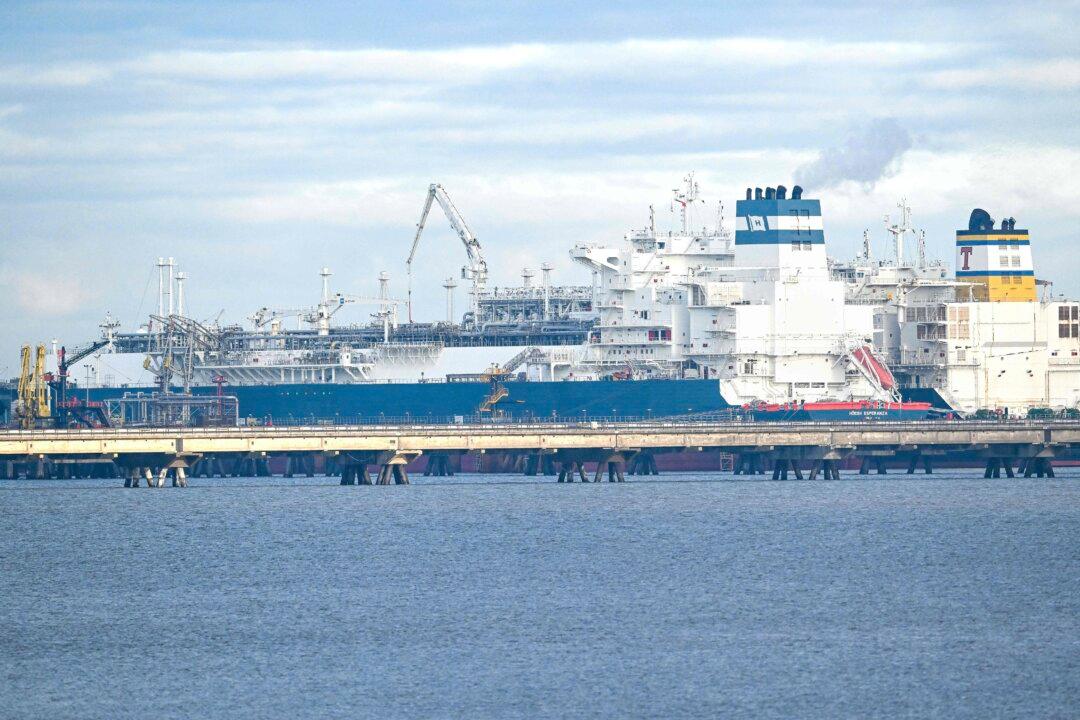The United States is on course to surpass the world’s largest exporter of liquefied natural gas (LNG) in 2023, according to ship-tracking data compiled by Bloomberg, which noted that the United States and Qatar both exported 81.2 million tons of LNG last year.
In a year when large economies in Europe and Asia scrambled to source enough supply for heating and power generation, the United States was sitting on a bevy of supply amid soaring international prices for natural gas and LNG.





